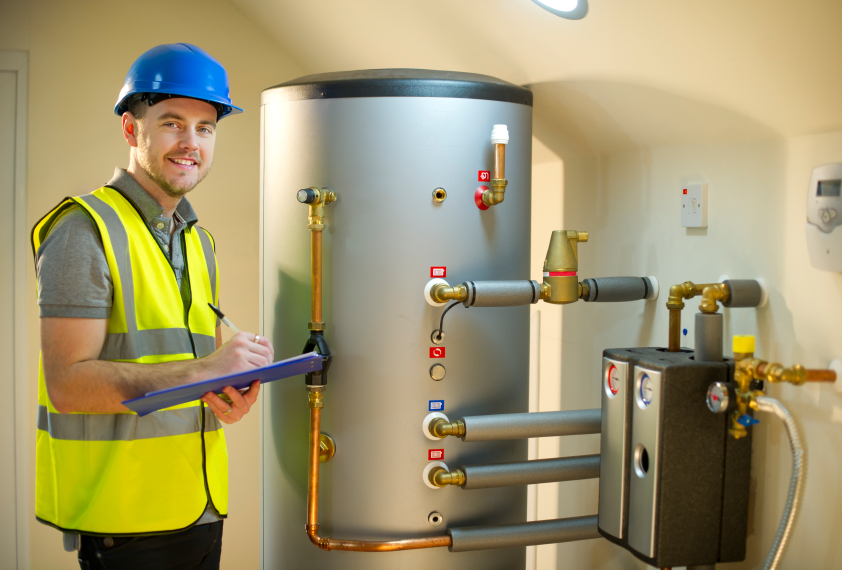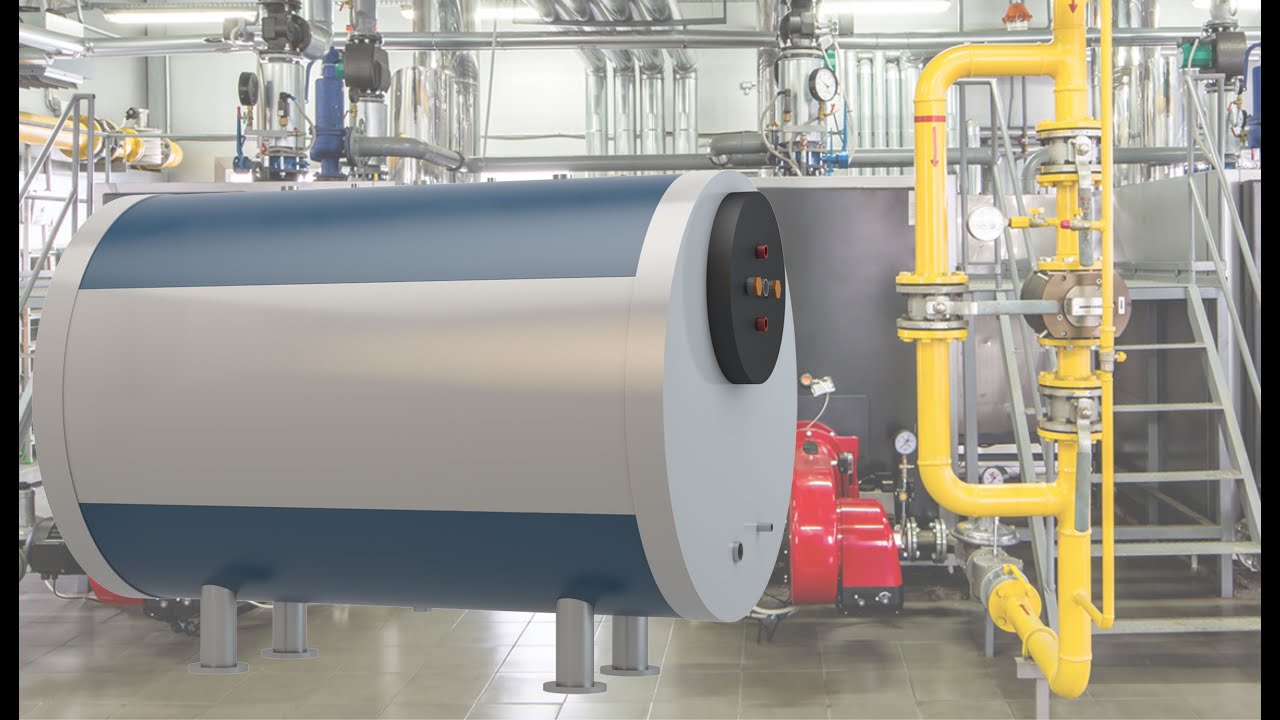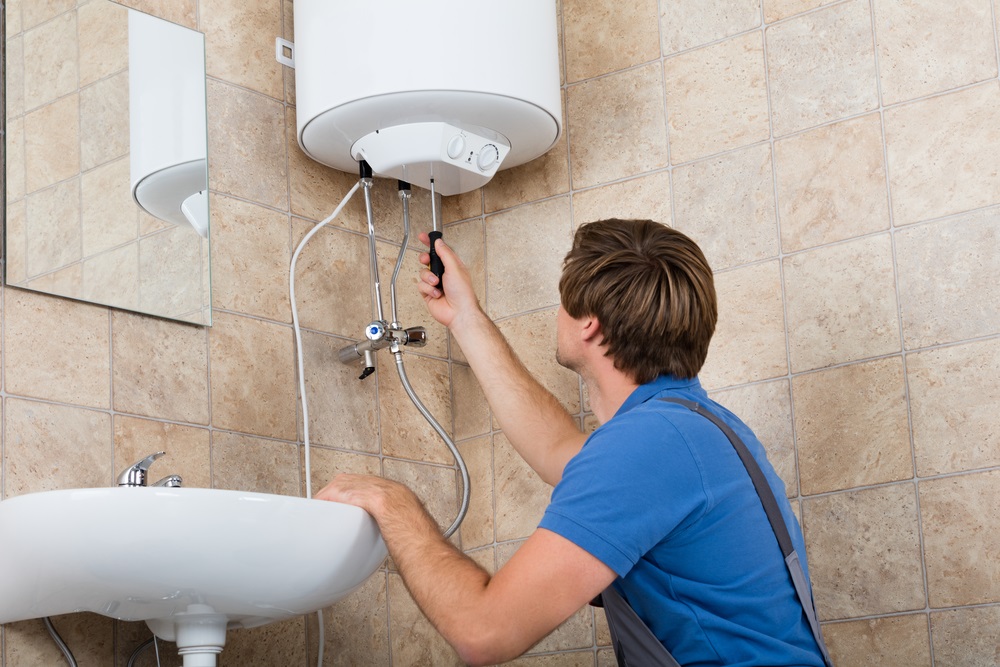
The Pros and Cons of Hot Water Reservoirs: A Comprehensive Guide
Introduction
Hot water reservoirs, also known as storage tank water heaters, have been the go-to choice for providing hot water in homes and businesses for decades. However, with the advent of tankless water heating systems, many consumers are left wondering if hot water reservoirs are still the best option for their needs. In this comprehensive guide, we will explore the pros and cons of hot water reservoirs, comparing them to tankless water heaters, and discussing factors such as energy efficiency, installation costs, maintenance, and environmental impact.
Better understanding of whether a hot water reservoir is the right choice for you.
1. How Hot Water Reservoirs Work
A hot water reservoir is a large storage tank that holds and heats water until it is needed. The tank is typically insulate to minimize heat loss and maintain the water temperature. When hot water is needed, it is drawn from the top of the tank, while cold water enters the bottom to be heat. This process ensures a constant supply of hot water if the tank has not been depleted.
2. Pros of Hot Water Reservoirs
a. Constant Supply of Hot Water
One of the main advantages of hot water reservoirs is their ability to provide a constant supply of hot water. Unlike tankless water heaters, which heat water on demand, hot water reservoirs store a large volume of preheat water, ensuring that hot water is readily available when need.
b. Lower Initial Cost
Hot water reservoirs generally have a lower initial cost compare to tankless water heaters. This makes them an attractive option for those on a tight budget or who are not planning to stay in their home for an extend period.
c. Simplicity and Reliability
Hot water reservoirs are relatively simple and reliable appliances. They have fewer moving parts than tankless water heaters, which can translate to fewer potential issues and a longer lifespan.
3. Cons of Hot Water Reservoirs
a. Energy Inefficiency
One of the main drawbacks of hot water reservoirs is their energy inefficiency. Because the water in the tank is constantly being heat even when not in use, hot water reservoirs can consume more energy than tankless water heaters. This can lead to higher utility bills and a larger carbon footprint.
b. Higher Long-Term Costs
While hot water reservoirs may have a lower initial cost, their higher energy consumption can result in higher long-term costs. Additionally, hot water reservoirs typically have a shorter lifespan than tankless water heaters, meaning they may need to be replace more frequently.
c. Space Requirements
Hot water reservoirs can be large and bulky, taking up valuable space in your home. This can be especially problematic in smaller homes or apartments, where space is at a premium.
d. Limited Hot Water Supply
While hot water reservoirs can provide a constant supply of hot water, they are limited by the size of the tank. If the tank is depleted, it can take time for the water to reheat, leaving you without hot water in the meantime.

4. Comparing Hot Water Reservoirs to Tankless Water Heaters
Tankless water heaters, also known as on-demand water heaters, heat water as it is needed, rather than storing it in a tank. This can result in greater energy efficiency and a virtually unlimited supply of hot water. However, tankless water heaters typically have a higher initial cost and may require more extensive installation work. Additionally, they may not be able to provide hot water as quickly as a hot water reservoir, especially if multiple fixtures are using simultaneously.
5. Factors to Consider When Choosing a Water Heating System
When deciding between a hot water reservoir and a tankless water heater, there are several factors to consider, including:
- Initial cost and long-term expenses
- Energy Efficiency and environmental impact
- Space requirements
- Hot water demand and usage patterns
- Potential maintenance and reliability concerns
It’s essential to weigh these factors against your specific needs and priorities to determine the best water heating system for your home.
6. Conclusion
Hot water reservoirs have their advantages, such as a constant supply of hot water, lower initial cost, and simplicity. However, they also have their drawbacks, including energy inefficiency, higher long-term costs, space requirements, and a limit hot water supply. Tankless water heaters may be a more energy-efficient and environmentally friendly option, but they come with a higher initial cost and potential installation challenges.
Ultimately, the decision between a hot water reservoir and a tankless water heater will depend on your individual needs, priorities, and budget. By considering the factors outline in this article, you can make an inform decision that best suits your home and lifestyle.
You May Also Like

The Ultimate Guide to Outdoor Blinds and Awnings for Your Aussie Home
April 28, 2023
What Are The Advantages of Expert Electrician Services?
July 2, 2019


